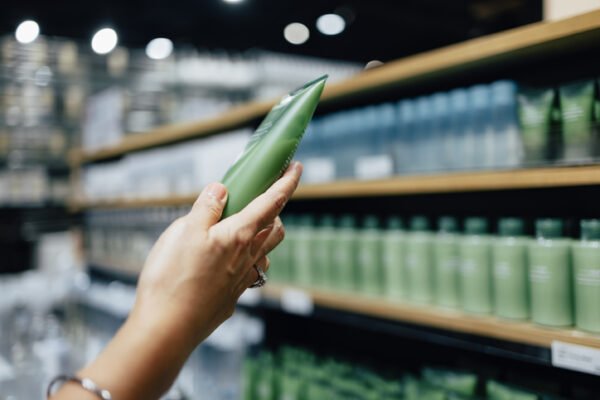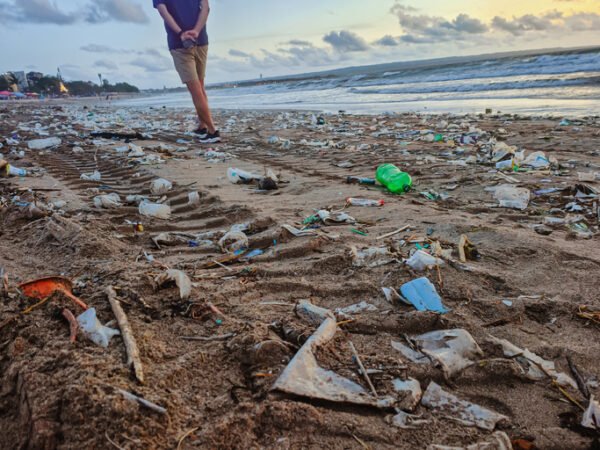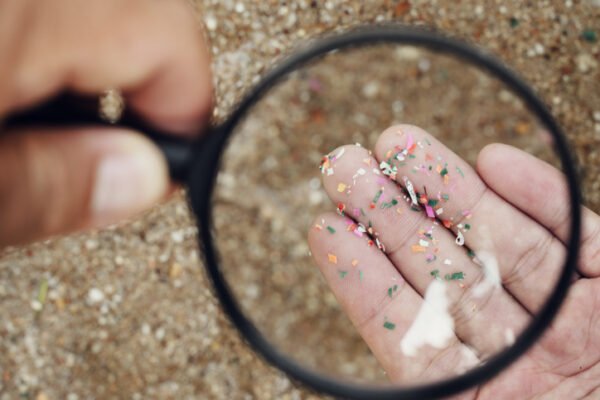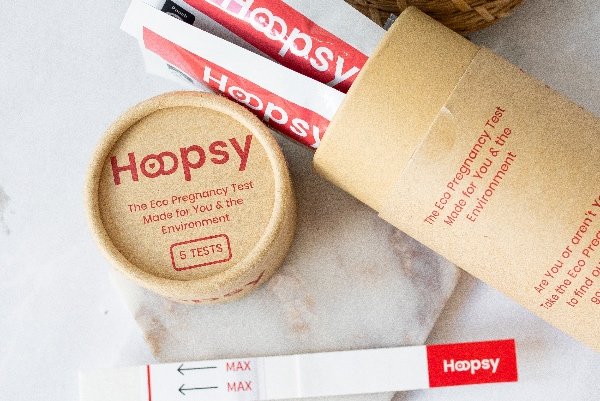We are all consciously trying to reduce our use of single-use plastic and the packaging we buy. Should we also be thinking about the ‘plastics’ – or manmade polymers – inside our products?
Consumers are concerned about the origin of the ingredients in their cosmetic products and the impact on the environment – from how they are sourced, to how the ingredients are made, what happens to those ingredients on their skin and what impact they then have on the environment after they are used.
When it comes to natural and organic cosmetics, for authenticity we should always think about what is inside the product to really understand a product’s claim to be ‘natural’ or ‘organic’.
For synthetic plastic materials like microbeads, we have witnessed a growing consumer and media interest, as well as different countries creating laws to ban these substances because of their environmental impact. In the UK the ban meant products had to be removed from stores by the end of 2018.
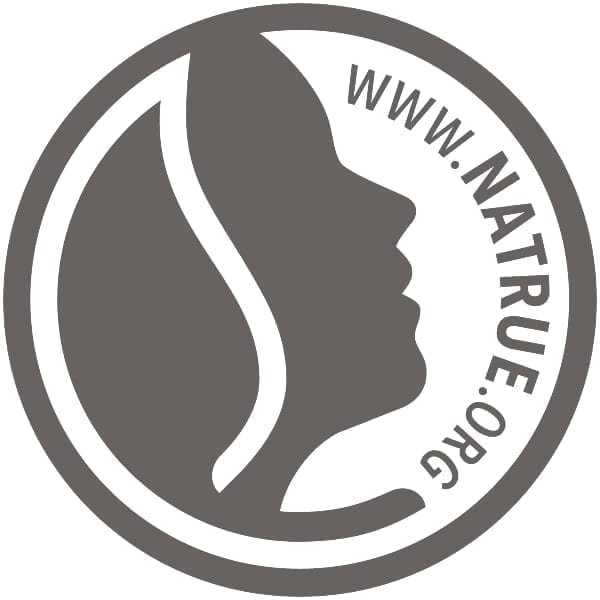 Nevertheless, for NATRUE it has always been the case that microbeads are banned from our certification standard, because of the strict requirements of the NATRUE Label. This means all products carrying our seal do not contain microplastics and never have.
Nevertheless, for NATRUE it has always been the case that microbeads are banned from our certification standard, because of the strict requirements of the NATRUE Label. This means all products carrying our seal do not contain microplastics and never have.
What about the less obvious ‘plastic’ ingredients such as silicones? What do silicones do in our products, and why do manufacturers use them?
Plastics are polymers, but not all polymers are plastics, and silicones (not to be confused with the metallic substance silicon) are used abundantly in many different sectors, from materials that come into contact with food to paints and even electronics.
Silcones are relatively inexpensive ingredients that are commonly used because they are inert – meaning inactive chemically. In cosmetics, silicone-based ingredients perform a function in hair and skin conditioning; as emulsifiers, they help to combine other substances in the cosmetic; as an emollient they help to soften or smooth the skin surface and as a surfactant, they give better distribution or application of the product when used. They can also help control the thickness (viscosity) of a cosmetic product’s formulation, help hold or retain moisture (humectant) or reduce static, for instance in hair care products to avoid frizzing.
Are silicones liquids or solids? Are silicones available in different forms?
The term ‘plastic’ commonly means a polymer that can be moulded into a solid object like a microbead, for example. Synthetic polymers like silicones can also be moulded into solid objects like cookware. However, for cosmetic and personal care use, silicone-based ingredients are commonly liquid polymers.
What are silicones made from? What are the ingredient names to look out for on the INCI ingredients listing on the pack?
Silicones are synthetic polymers made up of silicon, oxygen and other elements, most typically carbon and hydrogen.
In cosmetics there are more than 300 possible ingredients that are made from or contain silicones. For instance, these polymers may be a purely synthetic form, or a combination of a synthetic polymer connected to a natural substance or substances.
Commonly you can identify a silicone-based cosmetic ingredient by the ending of the word on the ingredients (INCI) list on the back of the product packaging; look out for ‘-cone’ or ‘-siloxane’.
Some examples of ingredients are dimethicone, cyclomethicone, polysilicone, cyclopentasiloxane. Another is dimethicone – a silicone oil,often included as a conditioning agent.
Are silicones biodegradable or water soluble? How quickly do they break down, and do they contribute to the ‘plastic soup’ that is a problem for our waterways and oceans?
Some silicones are readily biodegradable, but others can persist in the environment, accumulate and be toxic. The factors influencing whether a silicone will biodegrade or not can also depend on where it ends up. For instance, on land one type of silicone may be broken down more easily but the same may not be true in our waterways or it may not be biodegradable at all. To this end, for cosmetic product use, silicones have recently raised concern due to their impact on the aquatic environment, especially since silicones can be found in rinse-off products.
 Play Video about This Rock Might Just Save The World
Play Video about This Rock Might Just Save The World Play Video about Play 2 hours of rock
Play Video about Play 2 hours of rock Play Video about Play 2 hours of brook
Play Video about Play 2 hours of brook Play Video about Play 2 hours of sheep
Play Video about Play 2 hours of sheep
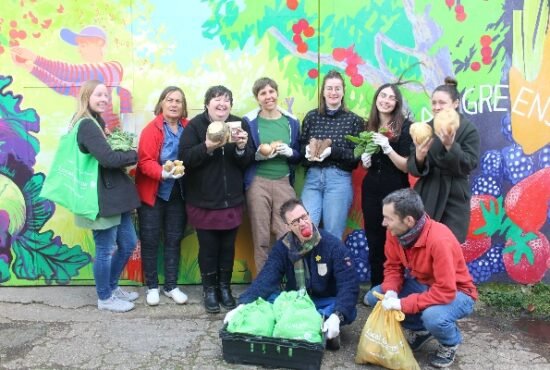









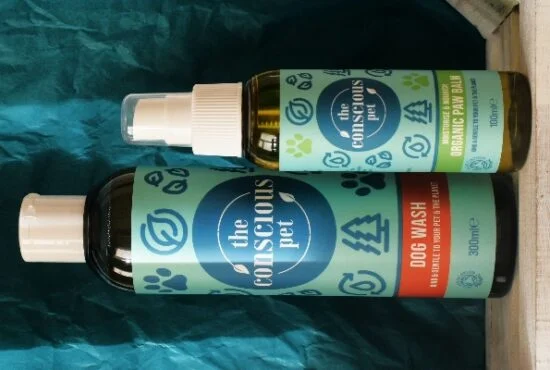

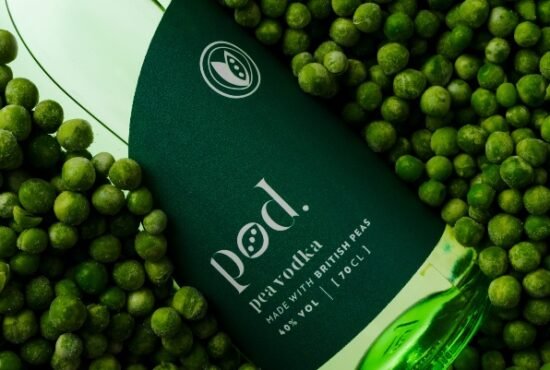




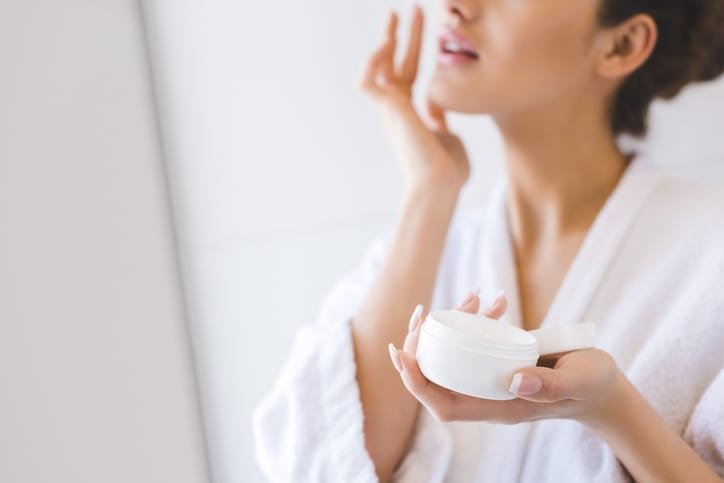
 Nevertheless, for NATRUE it has always been the case that microbeads are banned from our certification standard, because of the strict requirements of the NATRUE Label. This means all products carrying our seal do not contain microplastics and never have.
Nevertheless, for NATRUE it has always been the case that microbeads are banned from our certification standard, because of the strict requirements of the NATRUE Label. This means all products carrying our seal do not contain microplastics and never have.













